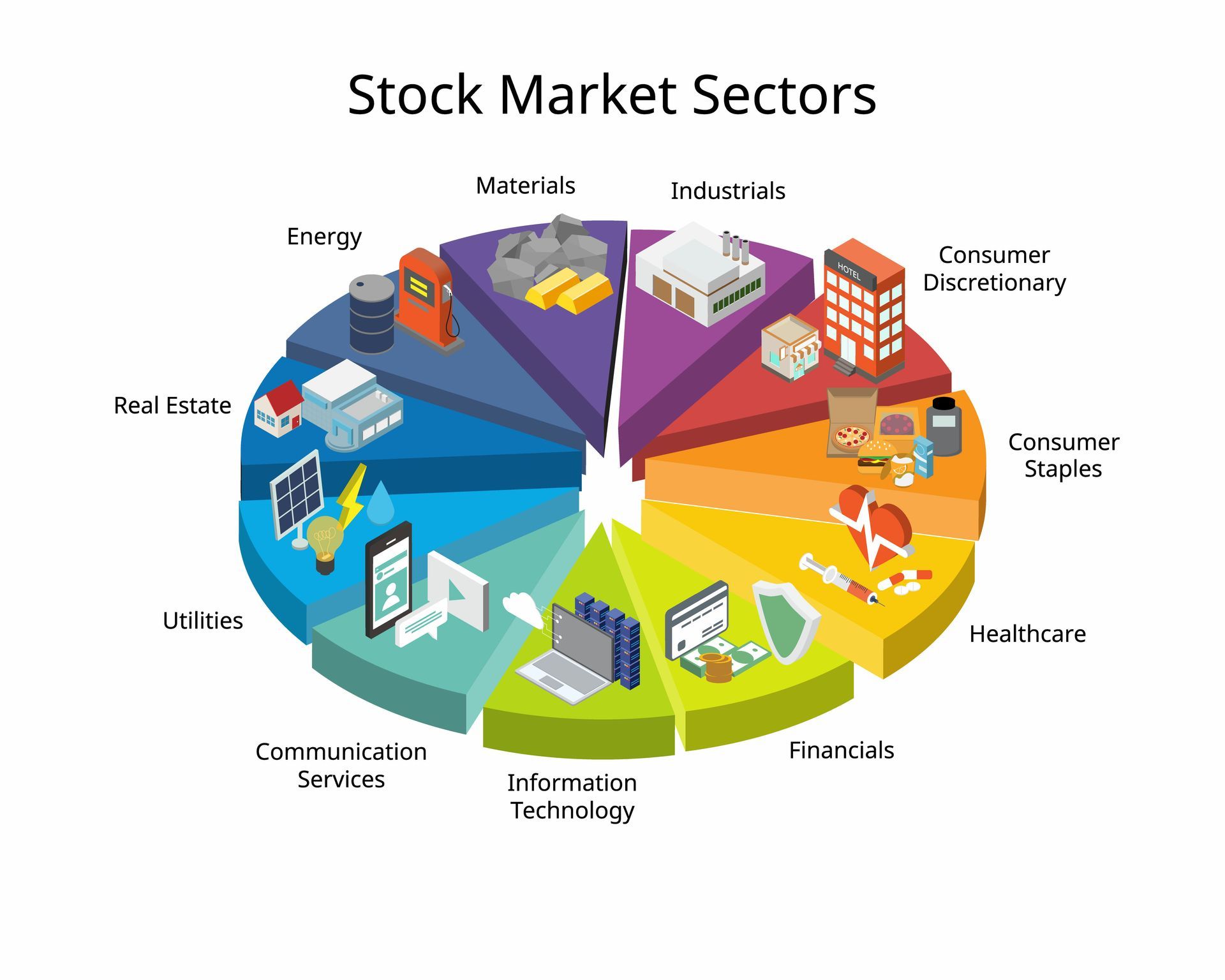SPEAK WITH A FINANCIAL ADVISOR TODAY | CALL (623) 974-0300
Strategies to Avoid Unwanted Debts

Even the most financially stable households frequently struggle with debt, often because of life factors that are entirely out of their control or necessity. Things like medical debt are sometimes unavoidable. Other types of debts, like auto loans, home loans or student loans, are necessary to achieve life goals and maintain the lifestyle you want.
Being proactive about debt before it accrues and developing a plan to manage existing debts can help restore your peace of mind and protect your retirement dreams.
Budgeting
Budgeting is maybe the most powerful tool households have for avoiding debt in the first place or getting it under control once it’s been incurred. Precisely knowing your monthly monetary inflows and outflows allows you to craft a budget and pay down debt at a pace that works for you.
Conveniences of modern life – like streaming and subscription services – have complicated budgeting. Many households forget about some of their recurring monthly payments or simply have so many it’s difficult to keep track. A variety of tools and trackers have been developed specifically to help people manage their paid subscriptions. Going through the past six months of your credit card and checking statements may also help you develop a clear picture of your income and expenses.
Sit down with your significant other or family members and have an honest conversation about your debt elimination goals and where you can make sacrifices. If you’re like most people, you have some subscriptions you hardly use or can live without. Seemingly small sacrifices (like making your own coffee instead of going to Starbucks every morning) will add up.
Establish an Emergency Fund
Emergency expenses are one of the most common sources of unavoidable debt. Medical debt is often one of the first things that come to mind for people, especially if you have a high-deductible plan or require care that’s not covered by your health insurance, but health emergencies are far from the only kind that can leave you in debt. Plumbing emergencies, roof failures and car accidents are just a handful of examples of common, unexpected and large expenses that often force people to rely on high-interest financing.
Emergency funds are great to have if you or your spouse ever lose a job – but they’re also a relief if you ever have a house, health or vehicle emergency that might result in unexpected five-figure expenses. Having the liquid capital to avoid a loan can help you dodge debt.
Think Carefully About Your Credit Card Strategy
You might see some debt avoidance or elimination “experts” speak in absolutes about credit cards. How credit cards affect your debt situation is entirely dependent on how you use them and whether you pay them off each month. Responsible credit card use can help bolster your credit and makes it easier to track expenses. Irresponsible credit card use, or simply forgetting to make a payment one month, can cause ripples that turn into tsunamis if you’re not vigilant. Automating payments and making a habit of checking your statements can help you avoid some of the pitfalls and benefit from the convenience of credit cards.
Strategically Pay Down Debts
Not all debts are made equal. There may be compelling reasons to pay down high-interest debts first or smaller debts before moving on to larger, more long-term debts. Your loan repayment strategy may be unique to you and your income or life situation. Discussing your debts with a financial planning or retirement planning professional can be beneficial in this regard. They can explain the advantages and potential disadvantages to certain strategies so you can make an informed decision about how you want to tackle your debts.
Downsizing
Many people nearing retirement age and those recently retired are living in the same home in which they raised their family. They’re also usually empty nesters. Emotional attachment, community, neighbors and memories are all compelling reasons to stay put – but those factors might not outweigh the benefits of downsizing. You might want the extra rooms so your children and grandchildren will feel incentivized to visit – but in a city like Phoenix there are literally dozens of hotels and resorts in every price point, and a family visit once or twice a year might not justify the added expense (and work) of living in more home than you currently need.
Homes aren’t the only things that can be downsized. Do you need two vehicles? Are there work-related expenses you’re still paying for? Take a holistic look at your expenses and identify opportunities to downsize – you might find relief by embracing less.
Work With an Estate Planner or Retirement Planner on a Healthcare Plan
Healthcare debt and ongoing expenses (like at-home care or memory care) often represent the largest expense for older retirees. These types of health-related costs can quickly drain retirement savings or grow debt. There are a variety of potential Medicare or Medicaid strategies and estate planning tools that can help you prepare for these costs and avoid debt without negatively impacting your current quality of life. At Fullerton Financial Planning, we’ve embraced an approach that combines estate planning and retirement planning to help ensure our clients maintain their quality of life regardless of what the future holds.
Seek Professional Advice on Debt Avoidance and Debt Elimination in Phoenix
Even burdensome debt can be managed and eventually eliminated through financial discipline, but it can’t happen over night. If you want to get out of debt before you begin saving for retirement in earnest or you just want to enter retirement without interest payments eating into your nest egg, the financial planners at Fullerton Financial Planning are here to help. Speak to one of our advisors today by calling (623) 974-0300.
Ready to Get Started?
Let's Meet!
For more information about any of our Phoenix products and services, schedule a meeting today.
CORPORATE OFFICE
14155 N. 83rd Ave., Suite 144
Peoria, AZ 85381
Phone: (623) 974-0300
Fax: (623) 974-0330
All Rights Reserved | Fullerton Financial Planning
Built by REV77












